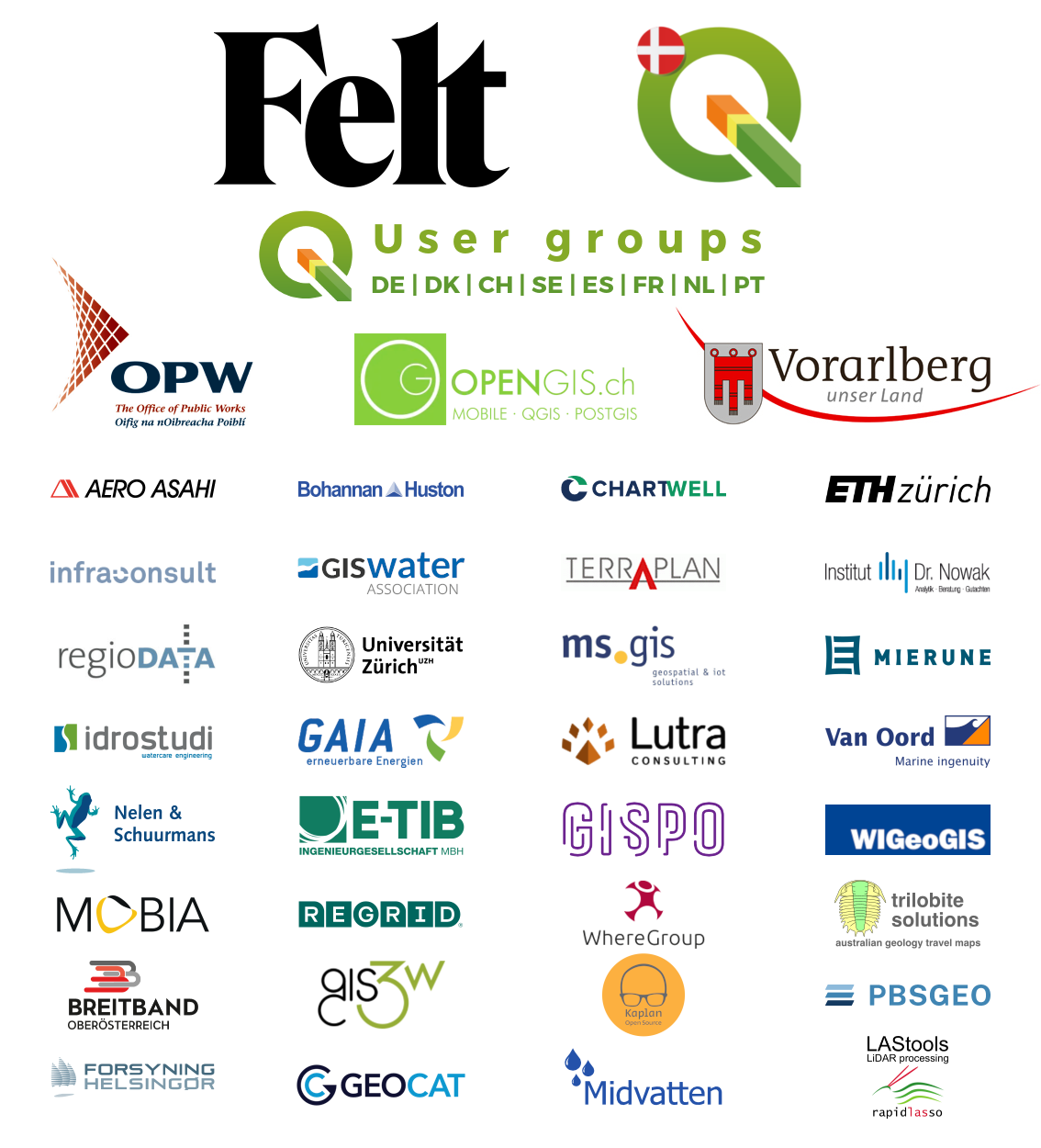Running a small business is a challenge. I came into this as a FOSS geek
with a grandiose plan of spreading the FOSS GIS goodness far and wide
and somehow earning a living from it. I don't have an MBA or any
significant business skills so I have been learning everything from
first principles as I go along. Using `Scrum`_ project management
has been a huge step forward for us and has been instrumental on us
creating a much more effective work process within the office. The next
biggest challenge we have faced on our journey is how to motivate and
get the best out of our staff. Having staff is a double edged sword in a
small business - they can boost your productivity and earning power, but
they also cost a lot of money and time (training and supervision). One
of the things we do with our staff is have a bonus system whereby a
percentage of their salary is dependent on performance. This
theoretically motivates them to work harder to achieve their maximum
earning power.
There are two problems with this bonus system though:
- It assumes staff are motivated by money
- It assumes you have a decent and efficient way to calibrate whether
your staff members have earned their bonus or not
I am going to use Rudi as an example for this discussion (with his
permission). Rudi is a young, extremely intelligent geek with deep
interest in computers, technology, gaming, and writing web comics,
among other things. Sounds perfect right? It is in many respects, except
that you will notice that 'a never ending love of money and material
goods' is missing from the list. Which means that item 1. above runs
into problems. To address this, we have asked Rudi to see the allocation
of bonuses as a point of prestige. Rudi grasps this concept well since
he is a gamer and uses sites like stack exchange where prestige is
currency de rigeur.
Item two on our problem list has also been a challenge with us. It is a
problem in a number of ways. If we decide on the bonus allocation in a
manner which is opaque to Rudi, he has no understanding of what is
required to earn the bonus and thus it becomes 'black magic' to him and
he will lose interest in the system. Another issue is that even if the
criteria are shared with Rudi, he may feel we are unfair in our
appraisal of the criteria. For example, we might say to Rudi that we are
holding his bonus back this week because there were too many bugs in the
code he committed. Rudi may feel this is unfair as the bugs may be side
effects of other work or something he had no control over. To address
the issue of calibration, we decided to turn the problem on its head.
How did we do this? The first thing we did was to collaboratively
define the bonus criteria with Rudi. That means that each criterion was
discussed and agreed apon as being a reasonable expectation. We tried to
structure the criteria to include both 'hard' measurable items
("your code must be documented") and 'soft woolly' items ("you must
bring more into the office than you took out"). We also tried to
structure the criteria as a progression through his daily work flow -
from arriving at work in the morning to working through the problems of
the day, to leaving in the afternoon with a sense of 'I feel good about
the work I did'. The final piece to the puzzle, and the most important
is that we made the process self-monitoring.
By self-monitoring, I mean that we assigned Rudi the responsibility of
noting when he doesn't meet his own criteria. To do this, we created a
laminated wall chart that looks like this:

Whenever Rudi realises he hasn't achieved one of his mantra's, he will
place an X in the day column next to that item. This moves all the
responsibility of monitoring onto Rudi himself, and we only need to
intervene if we feel that he has missed and opportunity to chastise
himself - 'don't you think you should put an X in that column for
forgetting to `talk to the duck`_ to help you solve your problem?'.
With our mantra sheets, allocating bonuses is now doable in a fair and
efficient way, and there is a very visual reminder whenever we go off
the rails. I am going to be making my own mantra sheet so that I can try
to improve my own focus on my work. Having staff in the office is great
in many ways - it's good to have someone to interact with and share
ideas, bounce problems around with and have some office banter with. But
its also challenging to keep them motivated and focused so we are
constantly looking for ways to make things run more smoothly. Do you
have things that work well and help you bring out the best in your
staff? Let us know in the comments below, we would love to hear your
ideas!








